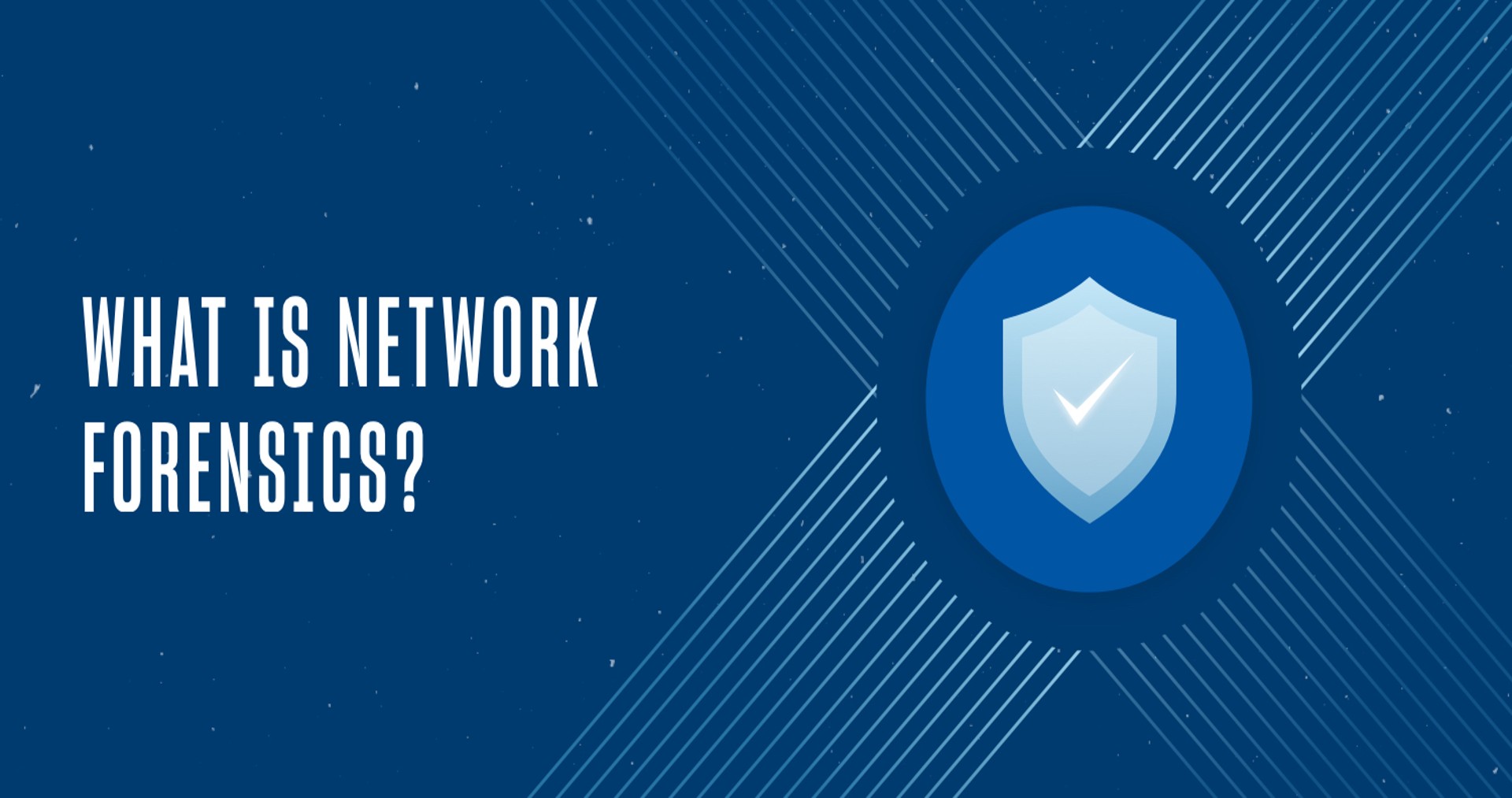What Is Network Forensics?
- Cyber Security
Mục Lục
What Is Network Forensics?

If you’re curious about a career in network forensics — or you have a strong interest in math, science and cybersecurity — you’ve come to the right place. Network forensics is an increasingly popular field that crosses scientific techniques with retrieving evidence and information from a networked environment. Skilled professionals in this field are needed now more than ever to help recover from cyber breaches or attacks or build a legal case.
In this guide, we cover it all — the ins and outs of network forensics, career and salary information and what type of education is needed if you’re interested in this particular field.
Network Forensics Definition
Careers
Salary Information
Education Needed
What Is Network Forensics?
If you’ve watched any type of crime drama (and even if you haven’t), you’re likely familiar with the term forensics and forensic science, which refers to the application of science and scientific methods to the criminal justice system. This covers everything from DNA analysis and pathology reports to toxicology and ballistics identification — and much more.
But there is another increasingly popular subsection of forensics — digital forensics, which refers to uncovering data stored on digital devices that may be related to a criminal investigation. And a subsection of digital forensics is the focus of this blog post — network forensics, which IGI Global defines as “relating to the monitoring and analysis of computer network traffic.”
Here’s a more comprehensive definition from Infosec Institute:
“Network forensics is a science that centers on the discovery and retrieval of information surrounding a cybercrime within a networked environment. Common forensic activities include the capture, recording and analysis of events that occurred on a network in order to establish the source of cyberattacks.”
Network Forensic Careers
The projected job growth for all cybersecurity-related positions is extremely promising. The U.S. The Bureau of Labor Statistics expects information security analyst positions — which includes all types of cybersecurity careers — to grow by 35% between 2021 and 2031, which is much faster than the national average of 5%.
A search for “network forensics” and “forensics” careers on popular job sites like Indeed and LinkedIn reveals thousands of postings for a variety of careers. Job titles include:
- Network Engineer
- Confidential Investigator/Digital Forensics
- Computer Network Defense Analyst
- Forensic Analyst
- Senior Cybersecurity Engineer
- Forensic Scientist
- Cybersecurity Vulnerability Researcher
- Digital Forensic Lab & Evidence Technician
- Senior Cloud Security Engineer
- Principal Digital Forensics Specialist
These types of positions are in high demand across a wide variety of industries and sectors, including with well-known companies and organizations such as:
- Major League Baseball
- Federal Bureau of Investigation (FBI)
- Deloitte
- Liberty Mutual Insurance
- Warner Bros. Discovery
- Voya Financial
- GEICO
- CACI International Inc.
- Wells Fargo
- National Security Agency
- PNC
Network Forensics Salary Information
In general, salaries for cybersecurity positions are strong, with many professionals earning well into six figures. Your exact compensation in network forensics, however, will depend on the position itself, the company or organization, specific responsibilities, location and the experience and education required.
To give you an idea of what to expect, here are some average salary numbers. Please note that salaries often fluctuate daily due to changing data and information.
- Cyber Forensics Analyst — $79,873
- Forensic Analyst — $86,156
- Cyber Incident Response Analyst — $111,524
- Network Engineer — $91,345
What Type of Education Is Needed in Network Forensics
The answer will depend on the specific position and company. Entry-level positions will typically require a relevant bachelor’s degree, whereas senior-level positions may require additional education, such as a master’s degree. A cybersecurity bootcamp may also provide the additional type of education needed for these positions.
Even if a master’s degree is not required, it can help you stand out against other candidates, illustrate a commitment to your cybersecurity career and allow you to pursue higher-paying opportunities in the future.
Elevate Your Cybersecurity Career With the University of San Diego
If you’re interested in taking your network forensics career to the next level, look no further than the University of San Diego, which offers two advanced degrees in cybersecurity.
The Master of Science in Cyber Security Operations and Leadership, which is 100% online, is ideal for professionals who are interested in gaining leadership skills and a deeper understanding of cybersecurity topics, theories and concepts.
USD’s Master of Science in Cyber Security Engineering is geared toward those with an engineering background who aspire to become security engineers. Offered both online and in person, this program has been designated as a National Center for Academic Excellence.















![Toni Kroos là ai? [ sự thật về tiểu sử đầy đủ Toni Kroos ]](https://evbn.org/wp-content/uploads/New-Project-6635-1671934592.jpg)


